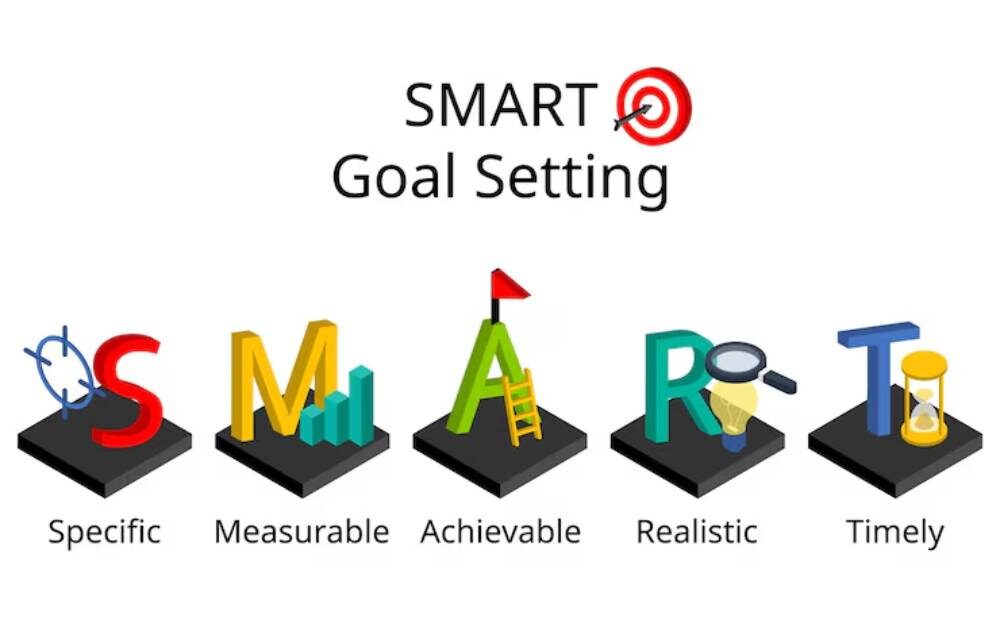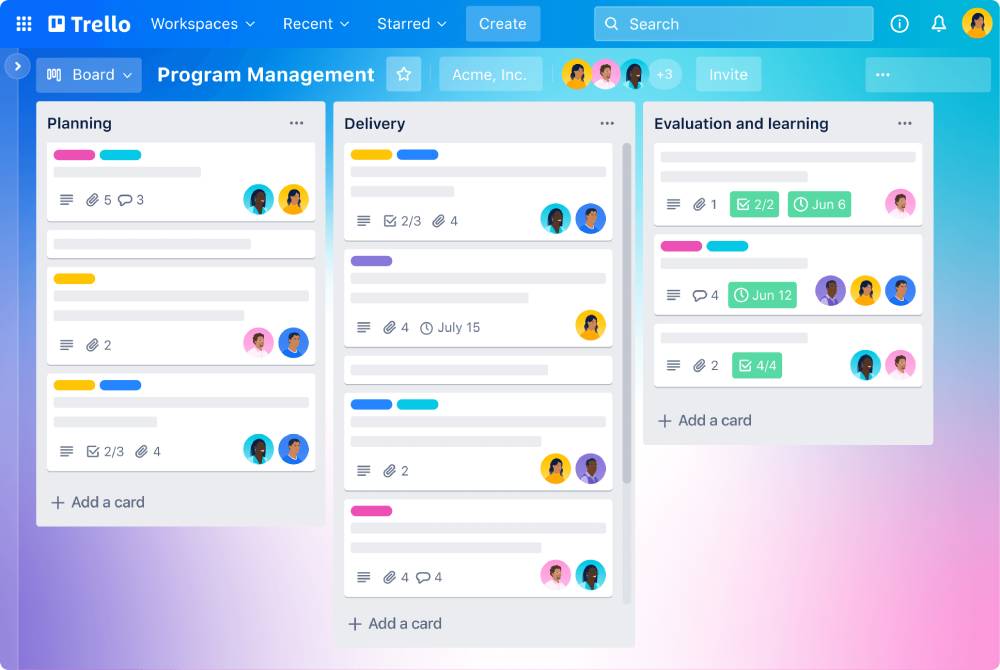
Balancing Study, Work, and Personal Life: A Student’s Guide to Academic Scheduling
Ever felt like you’re juggling textbooks in one hand, job shifts in the other, and your social life dangling somewhere in between? You’re not alone. The pressure to perform well academically, hold down a job, and still find time for yourself can feel overwhelming. But the good news? With the right tools and mindset, achieving a healthy study-life balance is possible.
In this guide, we’ll walk through practical strategies that help you create a sustainable academic schedule, prioritise effectively, and avoid burnout. Whether you’re a full-time university student working part-time, a mature learner juggling family duties, or someone studying online with a full-time job, these insights are tailored to your reality.
Let’s explore how to regain control of your time and feel more balanced, productive, and less stressed.
Why Student Work Balance Matters
The Risks of Imbalance
When you neglect one area of your life—be it your studies, job, or well-being—everything can start to suffer. Common signs of poor balance include:
- Chronic stress and anxiety
- Declining grades or academic performance
- Fatigue and lack of motivation
- Poor sleep and physical health
- Strained relationships with friends or family
The World Health Organisation has long acknowledged stress as one of the leading contributors to illness, and students are no exception. In fact, research from the UK’s Office for National Statistics shows that students working 16+ hours a week are more likely to report mental distress.
The Benefits of Balance
A well-structured study life balance improves more than just your academic output. It helps you:
- Make better decisions under pressure
- Stay more engaged and motivated in your studies
- Enjoy your job and gain relevant experience
- Maintain supportive social connections
- Prioritise your mental and physical well-being
Balance isn’t about perfection—it’s about making intentional, healthy choices consistently.
Creating an Academic Schedule That Works

1. Audit Your Time
Start by understanding how you currently spend your time. Track a typical week using tools like Google Calendar or a physical planner. Categorise your time:
- Study time
- Work hours
- Commute
- Meals and breaks
- Social activities
- Sleep and self-care
You might be surprised at where your time actually goes. This audit helps you identify time drains and adjust accordingly.
2. Use a Weekly Planner
Weekly study planners can be game-changers. Choose a format that works for you—digital or paper—and colour-code different responsibilities:
- Blue for lectures or classes
- Green for work shifts
- Yellow for personal time or hobbies
- Red for urgent assignments or deadlines
Break your week into blocks. For example, schedule study sessions in 2-hour chunks, followed by a 15–30-minute break.
3. Set Realistic Goals

Rather than loading your to-do list with everything at once, focus on 2–3 main goals per day. Use the SMART method:
- Specific – What exactly do you want to complete?
- Measurable – How will you know it’s done?
- Achievable – Can you realistically fit it in?
- Relevant – Does it support your priorities?
- Time-bound – When will you complete it?
This not only keeps you focused but also helps prevent overwhelm.
Managing Conflicting Priorities
1. Communicate With Employers and Professors
Transparency is key. Let your employer know about exam periods or heavy academic weeks in advance. Many workplaces will try to accommodate if you’re proactive. Likewise, professors may offer deadline extensions or support if they know you’re struggling.
2. Learn to Say No
You don’t need to be everywhere or do everything. Protect your energy by setting boundaries. If that extra shift interferes with exam prep, it’s okay to decline. Saying no to others sometimes means saying yes to yourself.
3. Build in Buffer Time
Avoid scheduling your day down to the last minute. Life is unpredictable. Leave space for unexpected events or rest. This makes your plan more flexible and less stressful.
Self-Care as a Non-Negotiable
Physical Well-Being
- Sleep: Aim for 7–9 hours of sleep per night. Sleep affects memory, focus, and emotional regulation.
- Nutrition: Fuel your body with balanced meals and stay hydrated.
- Exercise: Even a 20-minute walk can boost concentration and mood.
Mental and Emotional Health
- Mindfulness: Apps like Headspace or Calm can help you manage stress.
- Talk it out: Connect with a friend or support service if you’re overwhelmed.
- Unplug: Limit screen time, especially before bed.
Remember, rest is not a luxury—it’s part of the work.
Real-Life Balance in Action
Let’s look at Jake, a second-year engineering student who also works part-time at a café.
Challenges:
- Long shifts on weekends
- Intensive coursework and group projects
- Lack of time for his friends and hobbies
Solutions:
- Jake used a time audit to see that his evenings were often lost to scrolling social media.
- He created a weekly study plan that included short morning study blocks before work.
- Jake asked his manager to rotate his weekend shifts more evenly.
- He also set a rule for screen-free Sunday mornings to recharge.
Result? Jake didn’t just improve his grades—he felt less anxious and had more time to catch up with friends and recharge.
Tools and Resources to Help You Stay Organised

- Google Calendar – Sync across devices and set reminders
- Notion or Trello – Great for project planning and to-do lists
- Forest App – Stay focused by growing a digital tree while studying
- Pomofocus – Use the Pomodoro technique (25 minutes focus, 5 minutes break)
- University support services – Many campuses offer free counselling and study skills workshops
Strive for Progress, Not Perfection
You don’t need to be a scheduling wizard to build a better balance between your studies, work, and personal life. Start small. Maybe it’s setting up a weekly planner, carving out time for rest, or finally saying no to that one extra shift.
Balance is personal and ever-changing. What works this term might need tweaking next. Be kind to yourself as you experiment, fail, learn, and grow.
Now it’s your turn: What’s one thing you could do today to improve your student work balance? Share your thoughts below, or pass this article on to someone who needs it.
Let’s make balance the norm, not the exception.


